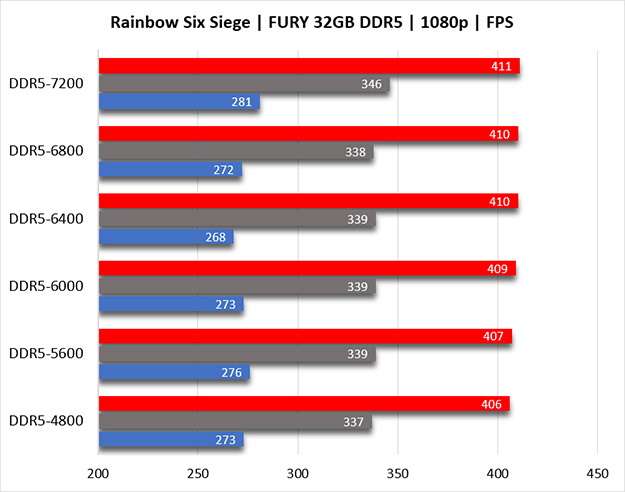As a gaming enthusiast, you may have heard about the concept of overclocking RAM and GPU RAM to enhance gaming performance. Overclocking involves increasing the operating speed of these components beyond their default settings to boost overall system performance. But does overclocking PC RAM or GPU RAM truly help improve gaming performance? In this article, we will delve into the effects of overclocking RAM and GPU RAM on gaming experience and performance.
Overclocking RAM for gaming
Impact on gaming performance
When it comes to overclocking RAM for gaming, the main goal is to increase the memory’s speed and bandwidth, allowing for faster data access and transfer rates. This can result in smoother gameplay, reduced loading times, and improved overall system responsiveness.
Overclocking your RAM can lead to a significant performance boost in tasks that are memory-intensive, such as open-world gaming, video editing, and multitasking. By overclocking your RAM, you may notice improved frame rates, reduced stuttering, and enhanced in-game responsiveness.
However, it’s essential to proceed with caution when overclocking RAM, as pushing it beyond its limits can lead to system instability, crashes, and potential damage to your hardware. It’s recommended to gradually increase the clock speed and test for stability to find the optimal balance between performance gains and system reliability.
Overclocking GPU RAM for gaming
Effect on gaming experience
Overclocking the GPU RAM, also known as VRAM, can have a direct impact on gaming visuals and performance. By increasing the VRAM speed and bandwidth, you can achieve higher frame rates, smoother gameplay, and improved graphics quality.
When you overclock the GPU RAM, you may experience better texture loading times, reduced screen tearing, and enhanced overall visual fidelity in games. This can be especially beneficial in graphically demanding titles that require a higher VRAM bandwidth to deliver optimal performance.
Similar to overclocking RAM, overclocking GPU RAM requires careful monitoring and testing to ensure system stability and longevity. It’s essential to find the right balance between performance gains and hardware safety to maximize your gaming experience without risking hardware damage.
Conclusion
In conclusion, overclocking PC RAM and GPU RAM can indeed help improve gaming performance by enhancing memory speed, bandwidth, and overall system responsiveness. However, it’s crucial to approach overclocking with caution, gradually pushing the limits while monitoring system stability and temperature to prevent any potential damage to your hardware.
FAQs
1. Is overclocking RAM safe for my gaming PC?
Overclocking RAM can potentially improve gaming performance, but it also carries risks of system instability and hardware damage if not done carefully. Make sure to research and follow proper overclocking procedures to minimize these risks.
2. Will overclocking GPU RAM void my warranty?
Overclocking GPU RAM may void your warranty, as it involves altering the default settings of the graphics card. Check with the manufacturer’s warranty policy before attempting any overclocking to avoid voiding your warranty.
3. What software can I use to overclock my RAM or GPU RAM?
Popular software options for overclocking RAM and GPU RAM include MSI Afterburner, EVGA Precision X1, and ASUS GPU Tweak. These tools allow you to adjust clock speeds, voltages, and fan settings for optimal performance.
4. How can I monitor the stability of my overclocked RAM or GPU RAM?
Utilize benchmarking tools such as Prime95 and FurMark to stress test your overclocked components and monitor system stability. Keep an eye on temperatures, voltages, and system performance to ensure everything is running smoothly.
5. What are some signs that my overclocked RAM or GPU RAM is unstable?
If you experience frequent crashes, system freezes, graphical artifacts, or unusual performance drops while gaming, it may indicate that your overclocked RAM or GPU RAM is unstable. Lower the clock speeds or adjust settings to restore stability.
